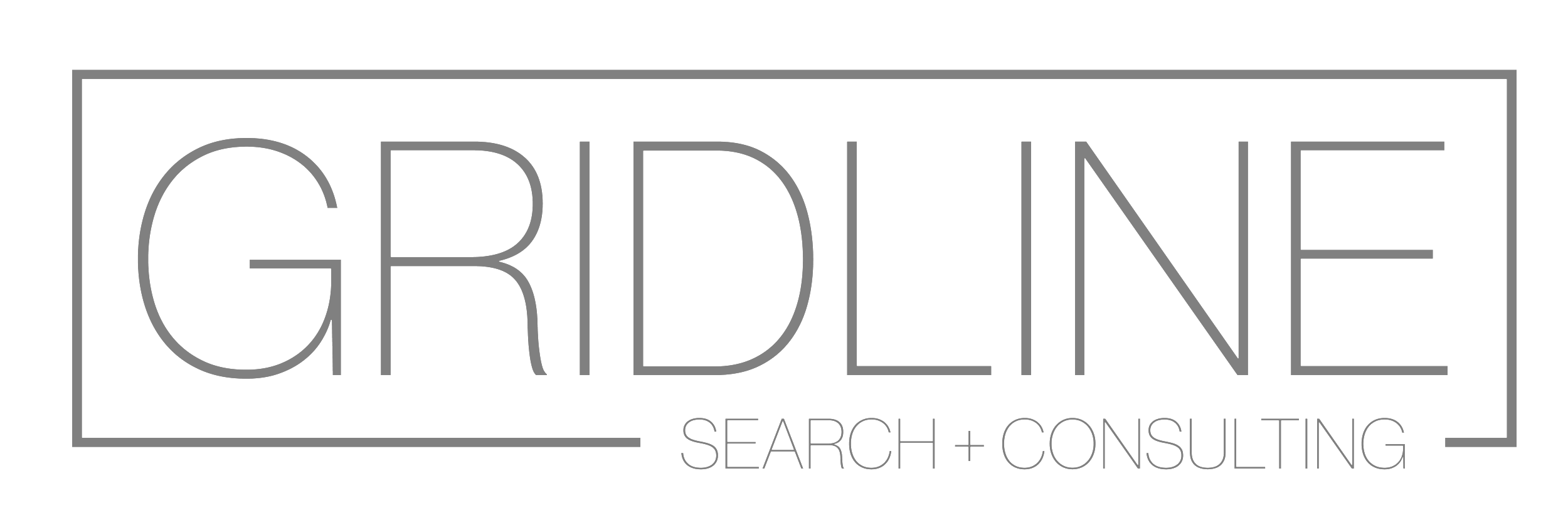Should You Lateral? Pt. 2: M&A Associates
The need for Mergers & Acquisitions associates is as high now as it is for any type of transactional associate - this is across all major markets and experience levels. The volume of M&A deals recently hit an all-time annual high, and the year is not even over yet. Firms in New York, Boston, the Bay Area, Los Angeles, Chicago and more all need M&A associates to assist on transactions across all industries, particularly in the technology industry.
But if you're an M&A associate at a BigLaw firm, how do you decide whether a lateral move to another M&A practice is worth it?
Here are some reasons to consider lateralling as an M&A associate:
To change the type of clients that you represent. Are you representing tech companies, life sciences companies, energy companies, financial institutions, or others? Or a mix? Sponsor-side, bank-side or company-side? Or a mix of that? There is so much variety in the client representation of a BigLaw M&A associate depending on the group and firm at which you work. At the same time, the experience of being an "M&A deal lawyer" can be transferred across practice types and client industries. So, for example, if you are someone who primarily represents sponsors in private equity deals, but you eventually want to work towards becoming a corporate in-house lawyer for a tech or life sciences company, a lateral move might make a lot of sense.
To change the types of M&A deals that you work on. In addition to client variety, there is also a lot of variety in M&A deal types. For example, in NY there are still lots of attorneys that work on large public company deals - the kind of deal that requires a lot of diligence and public disclosure and can take many years. Others, especially in markets like the Bay Area, are working on tech and life sciences deals that concern the purchase of smaller private companies by more established large ones. And then many others are focused purely on the world of "leveraged buy-outs" which is connected to the private equity world and their use of lending to buy companies of all different industries. As you get more senior at a particular firm, you may find a type of M&A that interests you and suits you. A lateral move may be necessary to make this shift.
To change the types of people with whom you work with and for. M&A practice has a reputation for being a "pressure cooker" of a practice with high stakes and high demands. Some M&A attorneys and practice thrive and build on the fast pace and intensity of their deal work where others take a slower, more measured approach to their deal practice. If you are working on mid-market M&A transactions, but want to work on big high-intensity deals, a lateral move might make sense. Or if you're working with a high-pressure group, but want to work more with colleagues who will slow down and take more time to mentor and instruct, a different kind of lateral move makes sense.
To shift your experience beyond traditional M&A. The explosion in "SPAC IPO" transactions in recent years has created a type of deal that crosses traditional M&A and capital markets practices. Yet, M&A associates at some firms are not working in a meaningful way on these types of transactions because they fall under the capital markets group instead. Another firm, however, may appreciate and desire your M&A experience for their growing and active SPAC IPO practice. This is just one example of a situation where your existing firm's structure makes it difficult to expand or shift your type of practice and a lateral move might be necessary.
To be able to work from home or remotely. As timeframes start to settle in the new year for coming back to the office, a firm's openness to remote work for its associates will probably continue to depend on the office, the practice, the working group and the individual associate theirself. Because of the high demand for M&A associates at this moment, now is a good time to consider opportunities at firms that will be on the more flexible end with regard to your working arrangement.
To relocate (even if your firm has an office in your new destination). A common reason to make a lateral move is to relocate. Even if your firm has an office in your new destination, will that office be right for your M&A practice? Maybe the firm will allow you to relocate even if there are no M&A attorneys in the new office, but maybe you would rather work with your team in person and on the ground. That means that you should make a lateral move. For example, maybe you started at your firm's New York office and they are willing to let you relocate to DC to be closer to family. But the DC office of this particular firm does not have any M&A associates. If you are shifting your career in the long-term to DC, it probably makes sense to move to a firm that has an M&A presence in that new market.
